Considered as one of the most versatile and perhaps one of the easiest foreign languages that your child can learn is Spanish. To master the basics of the Spanish language, your kids must have an understanding of the Spanish vocabulary as it will play a key role in forming the base for the language. Statistically speaking, there are around 329 million people around the world who speak Spanish, and you’d be surprised to know that Spanish is also the world’s 2nd most spoken language, as per the data gathered by Ethnologue. Now let’s take a look at the different levels of the Spanish language and the overall aim of each level.

Total Levels in the Spanish Language
As already mentioned, Spanish vocabulary is important to master the basics of the Spanish language. Since you are a beginner, you should know about the different levels of the Spanish language. Spanish consists of 6 levels, starting with A1 and going on till C2 levels. Each level has a unique and different significance. Therefore, let’s take a look at each level individually.
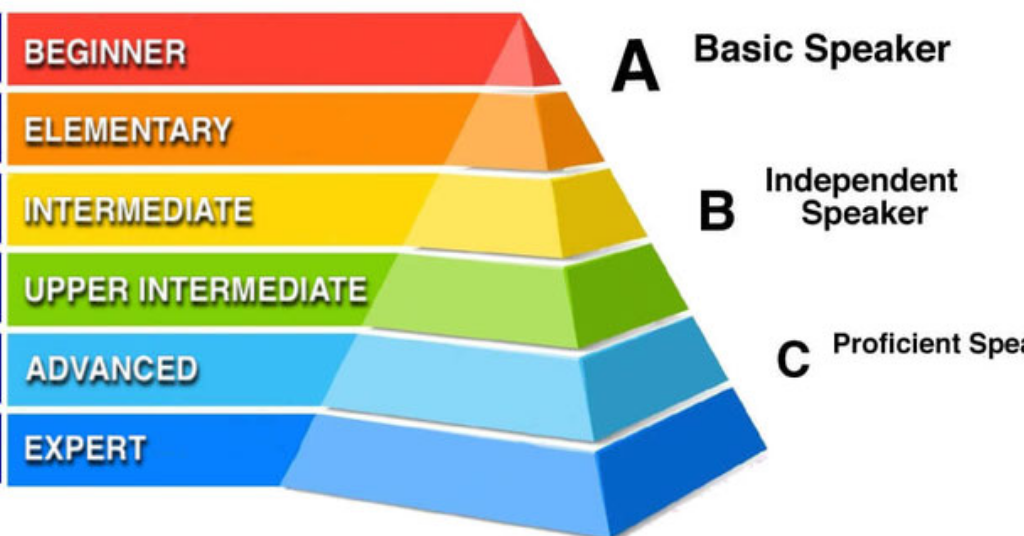
1. A1 Level- Beginner’s Level
This level serves as the foundation for mastering the basics of a language. At this stage, your children are expected to develop an understanding of the language. Apart from being familiar with everyday words and phrases, your kids should be able to use them in basic Spanish conversation. They will be expected to introduce themselves and others and should also be able to ask and answer questions related to personal information. For instance- what is your name, where are you from, when is your birthday, etc. This is a very crucial stage from a beginner’s point of view.
Related Article: Top 5 Reasons Why Your Kid Should Learn Foreign Languages
2. A2 Level- Elementary Level
When at the A2 level, the individual is expected to understand sentences and use Spanish phrases for beginners to areas when sharing personal information. Furthermore, you should be able to communicate easily about your routine tasks that need nothing but a simple and direct exchange of information.
3. B1 Level- Intermediate Level
The B1 level is the intermediate level where the individual is expected to understand the main points of the conversation so that they are able to put forward their views and opinion. Your child will also be expected to work and produce simple connected texts on topics of personal interest. Once, they get used to the Spanish language and master the Spanish language easily, your kids will be able to describe their experiences and events, dreams, and will be able to cite reasons for choosing that course of action.
4. B2 Level- Upper Intermediate Level
As the individual will gradually proceed, the difficulty level will keep increasing. Hence, B2 level an individual is expected to properly understand the main ideas and the overall intention behind the complex text on both simple as well as complex topics, including technical and abstract discussions. Moreover, they should be able to produce clear, and detailed text on a wide range of topics and subjects.
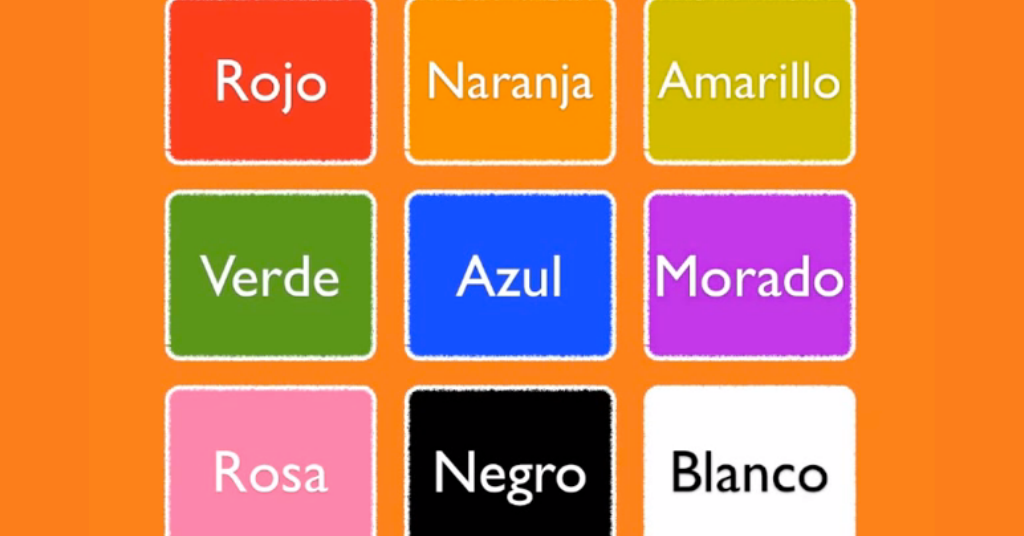
5. C1 Level- Advanced Level
Being at an advanced level, till now your kids should be able to develop a grasp of the basic Spanish conversation and they should be able to use the basic Spanish phrases for conversation easily. Children are expected to use the language more flexibly and effectively for both social as well as academic purposes. They should be able to work and produce clear, well-structured, and detailed text on different topics altogether.
6. C2 Level- Proficient Level
This is the last level for mastering the basics of the Spanish language. Being the last stage means that children should be able to read and write everything in Spanish. Moreover, they should be able to express themselves and their emotions very fluently and precisely.
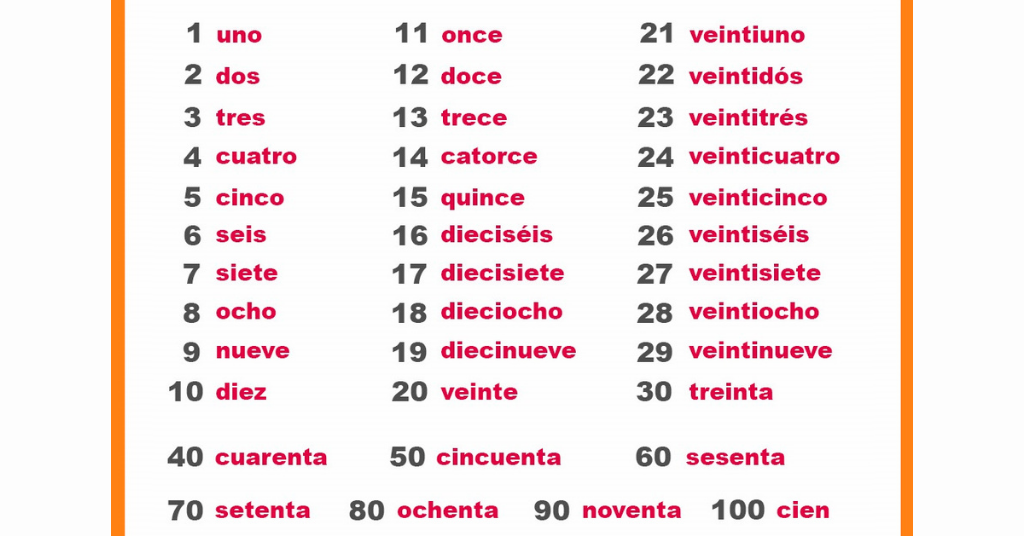
Spanish Words for Beginners
After developing a basic understanding of the Spanish vocabulary and its different levels, now you need to have an idea about the common Spanish words for beginners. To build your confidence in the Spanish language, you should be aware of the following Spanish words for beginners. Some of them have been mentioned below for your reference.
a) Hola- Hello
b) Adios- Goodbye
c) Por favor- Please
d) Gracias- Thank You
e) Lo Siento- Sorry
f) Salud- Bless You
g) Si- Yes
h) No- No
i) Quien- Who
j) Que- What
k) Por que- Why
l) Donde- Where
These are the 12 most commonly used Spanish words for beginners, and they are also an important element for the majority of the Spanish conversation. Once you will have a basic understanding of common Spanish words and phrases, it will become easier for you to frame sentences.
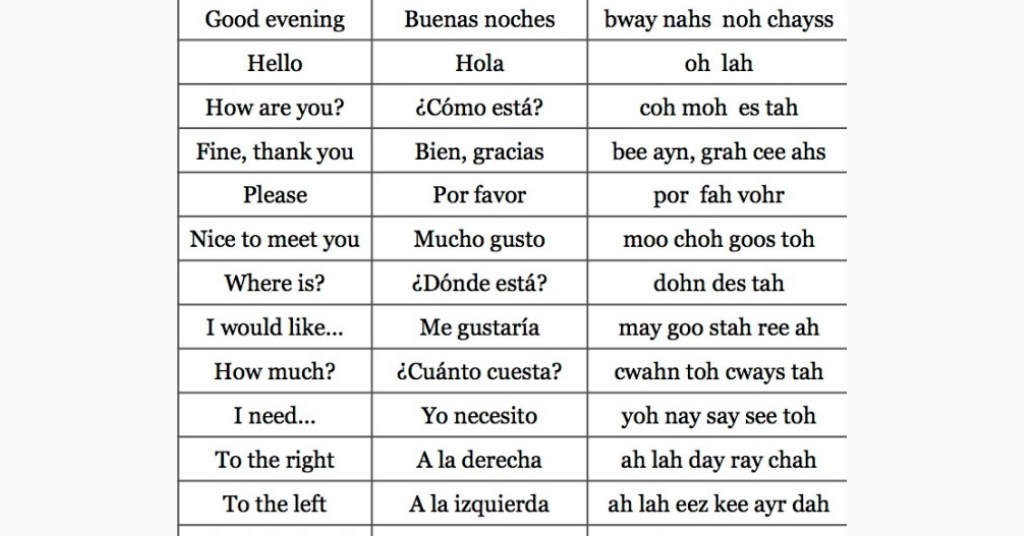
Conversational Phrases in Spanish
Apart from basic Spanish words for beginners, you also need to know about the different conversational phrases used in the Spanish language. Basic greetings and salutation is the essence of every conversation and language. Hence, listed down below are some of the important conversational phrases in Spanish, that your kid must know.
a) Buenos días- Good Morning
b) Buenas tardes- Good Afternoon
c) Buenas noches- Good Evening
d) Hola, me llamo Rohan- Hello, my name is Rohan
e) Me llamo- My name is
f) ¿Cómo te llamas?- What’s your name?
g) Mucho gusto- Nice to meet you
h) ¿Cómo estás?- How are you?
i) Estoy bien, gracias- I’m well thank you
j) ¿Qué hora es?- What time is it?
k) Te extraño- I miss you
l) Te quiero- I love you
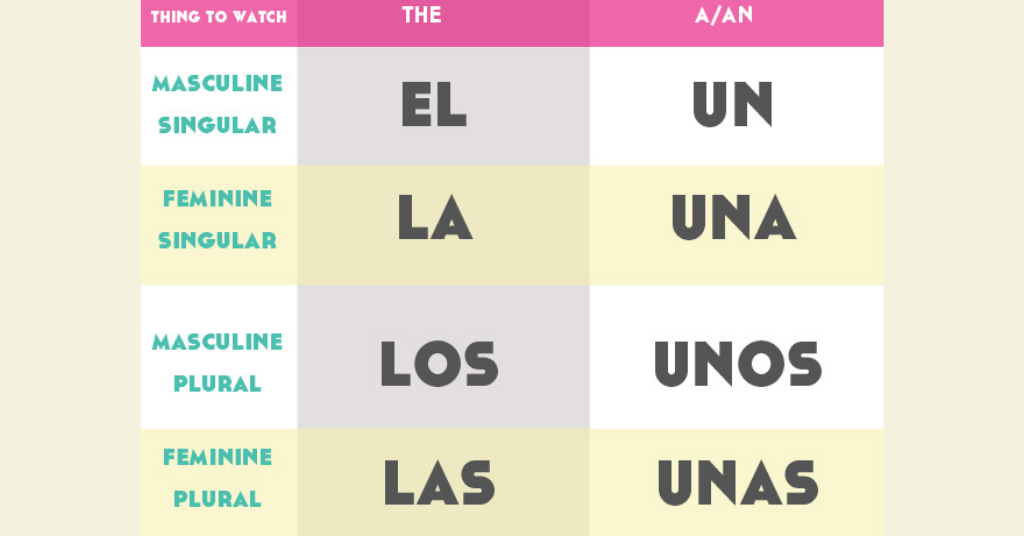
The ace the Spanish vocabulary like a pro, these are some of the important and common phrases that you should know. Apart from making your conversation meaningful and communication simple, these are some of the useful Spanish words for beginners that you should know about.
Related Article: Top 6 Foreign Language Classes for Kids
Takeaway
Spanish is a beautiful language and also one of the easiest languages to learn and master. If your child has an interest in learning about the basics of Spanish vocabulary and its rich literature you should enroll them in online Spanish classes. At PiggyRide, you can take a look at some of the best online Spanish classes for kids and enroll them in these classes accordingly. The best part about our online language classes is that the syllabus of the entire course is very carefully planned to keep in mind the levels. Right from the beginners’ level to an advanced level, you will come across various options that are specially created to match your needs and requirements.
Apart from the course structure and curriculum, we have a team of extremely talented and well-qualified language instructors who are not only hardworking but also very well experienced. They will make the learning journey of your little ones very smooth and interesting. If your child is interested in learning about the Spanish language, then enroll them today and let their learning journey begin with us.
prepárate, vete!


Leave a Reply